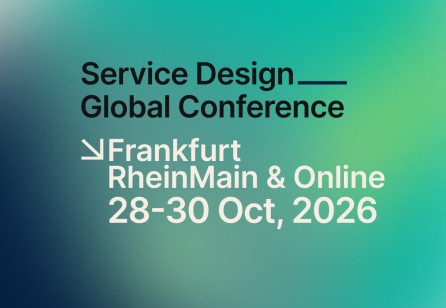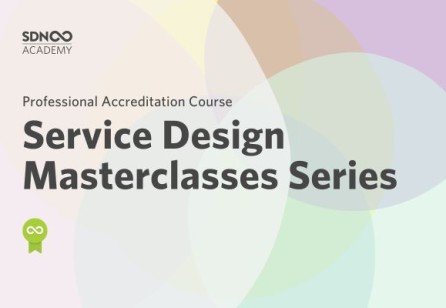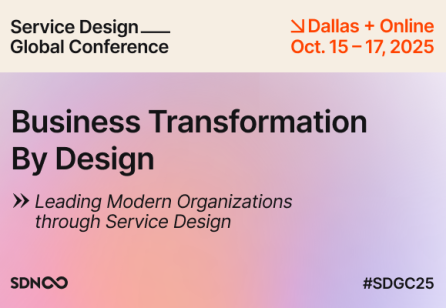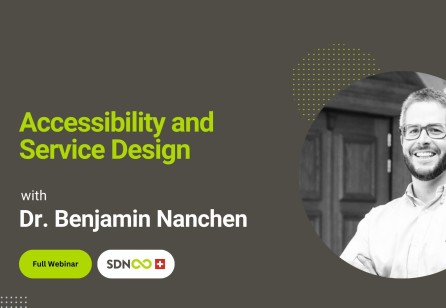The three key audiences of the publication are:
- Service design practitioners
- Client organisations including businesses, non-profits, and public sector/government
- Academia
Due to the commercial contexts in which service design is largely practised, it often fits into and supports a familiar economic model. Efficient and effective (and happy!) employees rely on sensibly-designed systems to provide meaningful and valuable service to end customers. Not for altruistic reasons, but for profitability and the ‘bottom line’. Things such as profit and shareholder value are the fundamental driving forces to which our practice is ultimately held to account.
Seeing the need for substantial change as well as a planet-centred approach, we would like to trigger the conversation about alternative economic models and their relevance for and impact on service design. In this upcoming issue of Touchpoint, we would like to look for novel contexts in which service design is practised, and how new models of value exchange are embedded in projects
Today, companies who look beyond profit as a sole driver and instead consider social and environmental performance are recognised with a ‘B Corporation’ certification. In 2012, the concept of a ‘doughnut’ economical model was put forward, which lays out a societal framework which balances social needs with sustainability. And the concepts of a circular economy have led directly to fundamentally new and exciting services.
We want to hear from service designers working in these spaces, where it’s not just the accumulation of profit that drives their work, but loftier goals. These could be in the public sector, in non-governmental organisations, but also in ‘enlightened’ commercial organisations too. In the broader sense, what does this new, sustainable and ethical approach to service design look like?
We recognise that most service designers may not be in the position to fundamentally drive organisations in these new directions, but we’d also like to know how we can achieve more of a mandate to do so and how to take leadership for substantial changes that need to happen.
We are looking for contributions that:
- Demonstrate the successes (and challenges) of service design being applied in fundamentally unique contexts, where concepts such as sustainability, societal equality, etc. are driving concerns
- Help inspire service designers to push for positive change where they work, based on the achievements shared by others
- Share tools, techniques and (visual) models that we can apply and refer to when designing services with the above mentioned considerations in mind







Share your thoughts
0 RepliesPlease login to comment